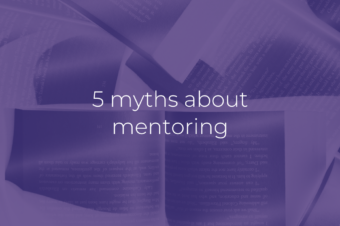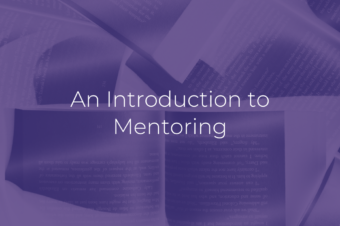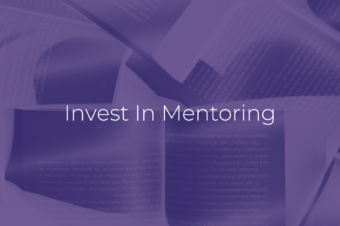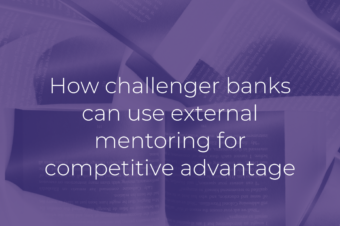
As an experienced mentor, having participated in the CIPD’s mentoring programme for over 20 years, I am constantly surprised why more people don’t actively seek mentors. Is it a question that they are apprehensive about requesting a mentor, is it fear of rejection, or even feeling of not being worthy? I have no doubt access to a mentor is key to both job satisfaction and career success.
A mentor helps by asking questions and challenging assumptions; providing guidance and encouragement. This enables the exploration of new ideas, issues, opportunities and aspirations in a supportive environment. Mentoring aims to make the mentee more self-aware, responsible and purposeful.
Identify someone who has helped you in the past or who is in a similar role to you, either in the same or a different industry and reach out to them to see if you can arrange some mentoring. Today LinkedIn is the perfect tool for both identifying and asking someone to be your mentor. Someone who will proffer wise counsel, willing to share their knowledge and experience, a role model.
The benefits of working with a mentor:
- Opens new lines of communication – a mentoring relationship can afford you access to important career contacts, and valuable guidance in terms of professional and personal development. The opportunity to learn and share in a safe space enables new ways of thinking, new approaches and fresh perspectives that can make a significant impact on your career.
- Facilitates the sharing of expertise – a mentor calls on skills, expertise and knowledge built up over years to teach, motivate and offer honest feedback; working with you so you grow and develop as an employee and a manager. A mentor will be able to raise issues you may not want to discuss and give you room to explore and focus.
- Empowers professional and organisational development – mentoring promotes skill development in a practical often more useful and meaningful than traditional training. When taking up a new role a mentor can help you improve your understanding of how the organisation operates, help you adapt to the culture and get up to speed quickly.
- Fills knowledge gaps and improves effectiveness – by tapping into the knowledge of more senior employees and encouraging a growth mind-set. A mentor should have the experience to help you formulate questions and assess the pros and cons of a variety of approaches and solutions by helping you consider new perspectives.
A mentor will challenge their mentee’s thinking and perspective. Basically a mentor does not tell you what to do but helps you to work out for yourself what is right for you and what will help you achieve your goals and fulfil your potential. Ideally, mentoring is collaborative, with both parties having input on topics for discussion. I absolutely know from my experience of being a mentor that the learning goes both ways.
Mentoring can help employees plan, develop, and manage their careers. It helps build resilience in times of change, enhances self-reliance and self-directed learning. It encourages the development of leadership competencies which are often more easily gained through example, guided practice or experience than by education and training.
The CIPD believe mentoring in the workplace describes a relationship in which a more experienced colleague shares their greater knowledge to support the development of an inexperienced member of staff. It calls on the skills of questioning, listening, clarifying and reframing that are also associated with coaching.
Click here to listen to Michael Moran make the case for business mentoring: https://www.youtube.com/watch?v=YPFPV4sE2i8&t=10s
To find out more information about 10Eighty’s mentoring services, click here: Executive Coaching and Mentoring services | 10Eighty








